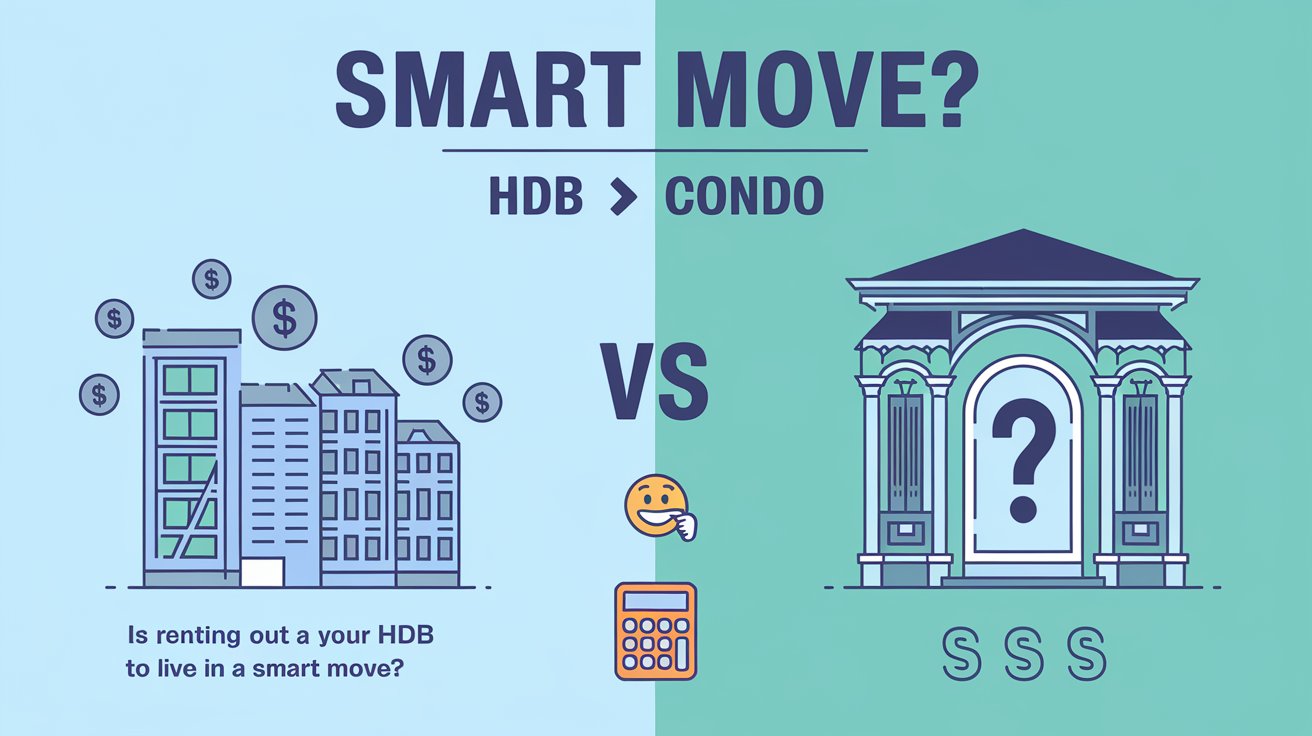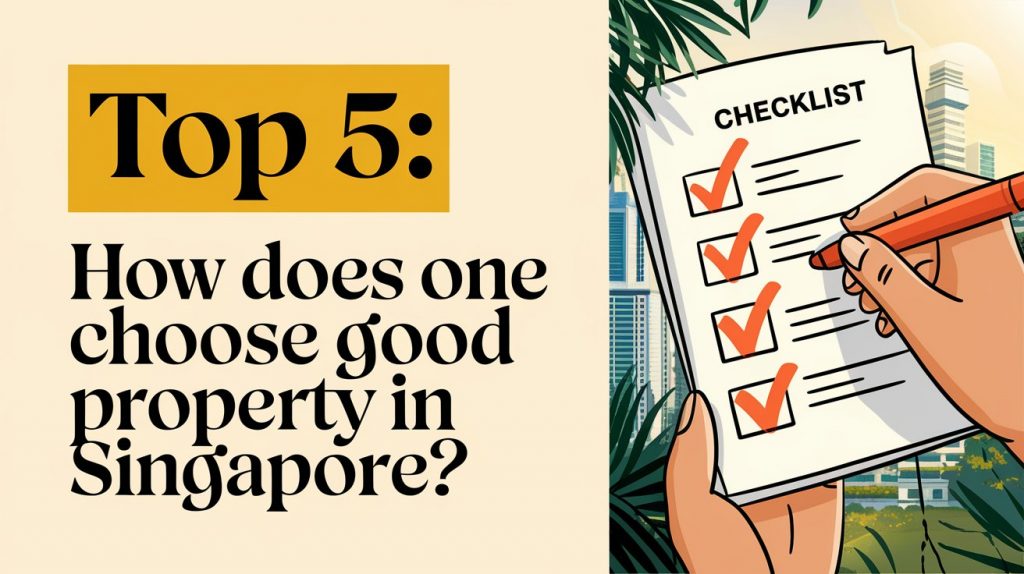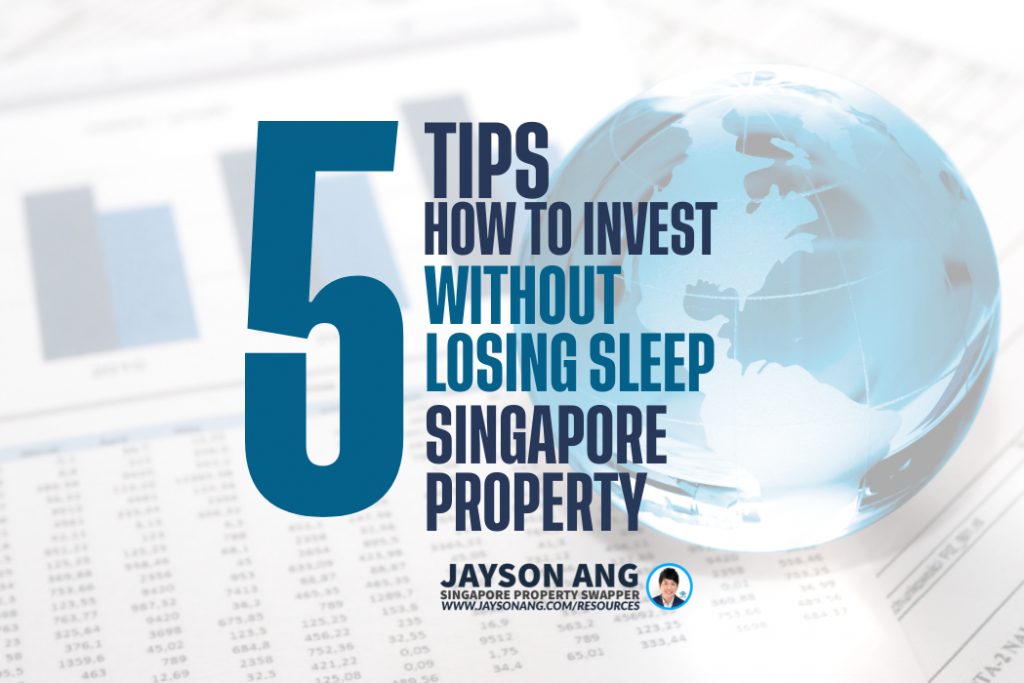TLDR
When deciding the best time to sell your property, consider various factors such as market trends, financial goals, and personal circumstances. Setting specific benchmarks for selling, analyzing market conditions, and reacting to government policies are essential. Understanding the competition, timing your sale strategically, and seeking advice from a licensed property agent can optimize your selling process. Remember, the ideal time to sell depends on your investment objectives and financial status rather than just market fluctuations.
It’s pretty standard for folks to toss me this question, and quite frankly, it’s tough to nail down with precision. Why so? Well, it’s because each person’s home ownership or investment scenario is as distinct as their fingerprint, independent of the market’s ebbs and flows. Yet, given its popularity, let’s attempt to sketch out some basic guidelines about the “ideal” time to sell in any property market situation.
Unveiling the Secrets: Transforming Vague Answers into Captivating Insights
Since the 1990s, it’s common hearsay among property brokers that the prime time for a sale falls in the middle of the year, typically in the second and third quarters. The origins of this belief remain unclear, as does its factual accuracy, but it has nonetheless become a staple response in the real estate world.
The logic behind this claim is rather straightforward: folks generally avoid moving during the festive season at the end of the year, and they usually hold off until after Chinese New Year. These trends are evident, leading to the widespread suggestion to aim for a mid-year sale (steering clear of the Hungry Ghost Season, naturally).
However, these are merely long-standing assumptions, not backed by recent research or hard evidence. There’s a decent chance that numerous sellers have made profitable sales around Christmas or New Year, contrary to popular belief.
With this context in mind, let’s delve into some more definitive insights:
Unveiling the Secret to Perfect Timing: Define Your “Best Time” Now
What exactly do we mean when we say “the best time” to sell a house? Surely, it’s more than simply “when you get a bigger paycheck.” In reality, savvy property investors have precise benchmarks, such as:
Selling when the property’s value rises to a certain level (like setting a goal to sell when your returns hit a certain percentage or net profit)
Aiming to sell for a specific amount within a specific timeframe (say, planning to sell within a decade for a certain return)
Deciding to sell a property when rental income or vacancies hit a certain threshold, to avoid further financial decline
Determining these figures requires comprehensive financial planning. For instance, when deciding how much a property needs to increase in value before selling, this target might be affected by other financial factors like retirement plans, estate planning, or the prospect of selling to reinvest in another venture.
This might involve sitting down with a trusted financial advisor to crunch the numbers. Without measurable goals for your property investment, it’s tricky to pinpoint the “best time” to sell.
(Of course, you could always rely on pure instinct and sell when you think the market is at its peak, but that’s more akin to gambling than investing.)
Keeping this in mind, here are some other factors to consider when deciding when to sell:
Factors to consider if targeted profits can be achieved
The capability to transition to another desired property
Reactions to changes in government policies
Number of similar properties on the market and nearby competition
Maximizing Profits: Key Factors for Successful Sales!
This principle is applicable to both resale and sub-sale transactions from an investment perspective.
Resale condominiums are relatively straightforward. Your rental income and potential property appreciation based on the most recent deals can be factors for consideration, provided you have a constant stream of pertinent deals to reference.
By identifying the appreciation trend, you’re better equipped to determine if the project has peaked in value. If the appreciation rate is slowing or trailing behind other projects, it’s crucial to assess its prospects for further growth. If there’s limited potential, reevaluating your investment and possibly shifting towards another project could prove more profitable.
Sub-sales, on the other hand, involve transactions executed prior to the construction of the property, before the issuance of the Temporary Occupancy Permit (TOP). Accepting a sub-sale offer may be a prudent move if the returns acquired are likely to meet or come close to the set targets in a shorter span.
Consider this: if your aim is a 20% return on your condo investment within five years. Suppose you purchased a unit at Treasure at Tampines at its inception:
You invested at $1,335 per square foot (psf) in 2019, but by 2022, the price escalated to $1,584 psf. Now, someone is willing to purchase your unit at this increased price.
This represents a rise of 18%, nearly reaching your original goal of 20%. Seeing that this growth was achieved in three years instead of five, it might be worthwhile to capitalize on your gains and proceed with the sub-sale.
Remember, due to the Progressive Payment Scheme (PPS), you may not have begun full loan repayments, which could potentially boost your net returns.
However, agreeing to a sub-sale implies a prolonged wait for another condominium, so other logistical considerations come into play. For instance, if you’re renting and the rent is on the rise, the sale might not be the most practical decision.
Bridging the Gap to Your Dream Property: Unlocking Your Potential
Let’s imagine you’re considering moving from a 4-bedroom HDB to a condominium. It’s usually smart to make the sale and transition while you’re in a secure financial position.
Property values typically increase over time, with private properties often appreciating at a quicker pace than HDBs. So holding out to maximize your profits could actually backfire.
Here are some steps to consider:
Calculate your net sales proceeds after paying off any outstanding loan and reimbursing your CPF.
Ensure you have enough money for the initial down payment (remember, the first five percent is cash-based and stamp duties should be factored in).
Aim for a mortgage repayment that doesn’t exceed 30 percent of your combined income, using a base rate of four percent.
If these requirements are beyond your reach, it may not be the ideal time to sell, irrespective of how the market looks.
We’ve encountered numerous individuals who sold their properties when the market was favorable, only to find that though they sold at a high price, they had to buy at a high price too. Therefore, it pays to do your research before accepting any offers.
Embracing the Winds of Change: Reacting to Government Policy Shifts
When the housing market experiences cooling measures, it’s not uncommon for potential buyers to hit the brakes. They often adopt a more cautious stance, keeping an eye out to see how things will play out. This caution can occasionally lead to a drop in prices over the following months. A prime example of this was the impact of the April 2023 cooling measures:
During this period, we noticed a decline in overall private home prices. The average price per square foot (psf) dropped from $1,991 in April to $1,802 in December. However, keep in mind that when this data was collected, December was still two weeks from wrapping up.
It’s important to note though, that the market doesn’t stay down forever. It bounces back eventually, often surpassing previous records set before cooling measures were implemented. But there’s usually a quiet spell sandwiched in between. For some sellers, they view these price dips as golden opportunities to switch properties. If not, the next ideal moment to sell might be once the market has adjusted to the new measures.
Although you can’t predict when cooling measures will be introduced, you can certainly prepare for them. Investors, for instance, often have backup plans ready. One such plan could involve extending their holding period by another couple of years should cooling measures be put into effect.
A savvy real estate agent can provide invaluable assistance in strategizing for such scenarios, helping you avoid knee-jerk reactions when the unexpected happens.
Discover the Competition: Listings and Surroundings
In the world of real estate, the advice of a licensed property agent can make all the difference. There are instances when your property, for instance, an EC in its fifth year (post-Minimum Occupancy Period), might be enveloped by a sea of listings.
Interestingly, this could be a double-edged sword. While it signifies a high demand for five-year-old ECs, it also means you’re not the only one with selling intentions.
The key here lies in perfect timing. It’s advisable to strike either before or after the listing frenzy and avoid getting caught in the middle, especially if a neighboring unit is up for sale.
Being privy to recent sales, even those yet to reflect on URA records, could be beneficial. This is particularly true for new launches where the initial recorded price impacts subsequent ones. In some cases, it might be prudent to list your property only after a few units have been sold at favorable prices.
It’s also crucial to stay informed about rival properties that potential buyers might consider. For instance, a recently completed launch in the vicinity could sway your decision to sell, depending on its pricing. If it’s competitively priced, agents could steer their clients towards it, making it less than ideal for you to sell.
These complex aspects necessitate a strategic planning session with a competent agent, especially if your listing is hosted on a major portal where control is limited.
Remember, the two leading portals in Singapore mandate a CEA license for listing.
Unveiling the Core Principle
The ideal moment to offload hinges on your specific investment objectives and personal finance status. It’s these elements, rather than market swings, that really dictate when it’s the “prime time” to sell. Even if you’re convinced about the magical abilities of technical analysis and scrutinizing charts, this truth stays relevant.
Should You Buy, Sell or Wait?
If you’re reading this, you must be trying to figure out the best course of action right now: is it the right time to buy or sell?
It’s difficult to give an exact answer since everyone’s situation is unique and what works for one person may not necessarily work for you.
I can bring you a wealth of on-the-ground experience and a data-driven approach to provide clarity and direction. From beginners to experienced investors, our top-down, objective approach will help you on your real estate journey.
I can help you by:
- Offering Strategic Real Estate Advice – I can help create a comprehensive plan to guide you through your property journey.
- Connecting Your Home with the Perfect Buyers – Through stunning visuals, an effective communication strategy, and an in-depth knowledge of the market, we’ll ensure your home is presented in the best possible way to fulfill your goals.
You May Also Like …























































































